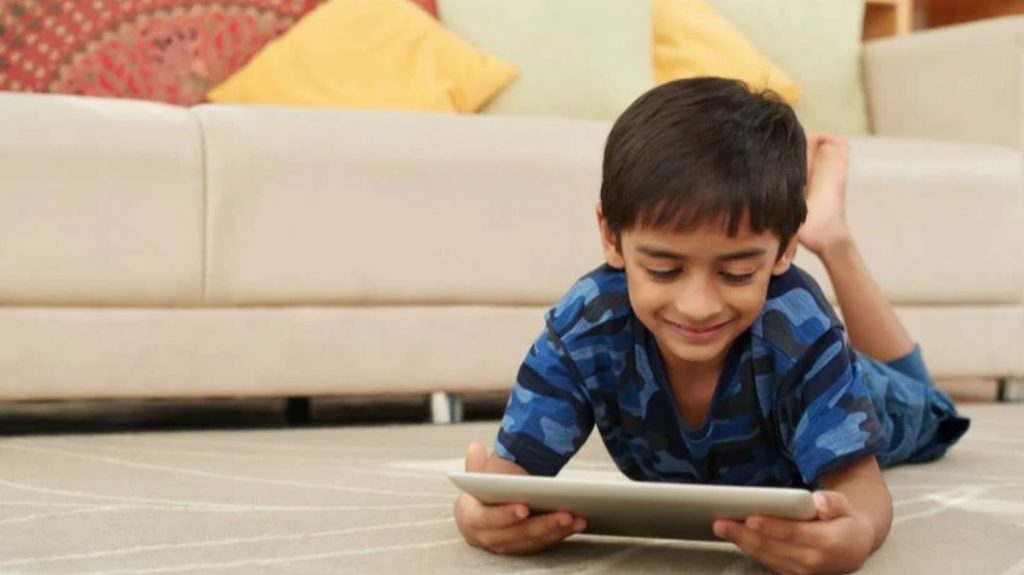Technology has always played an integral role in solving the unique problems that come up in modern times. The pandemic is no exception to this.
During this period, technology has created many solutions to bridge communication and learning gaps because of the challenges in distance learning. Many parents, guardians, and teachers have also learned to use different tools and resources to help supplement and further practice lessons learned by children in schools.
While the reopening of schools is still experiencing its share of challenges today, know that your kids’ opportunities for learning do not have to be limited to the classroom. There are apps in the market that you can use to review your child and allow them to enjoy studying at home.
Don’t Forget to Use Non-digital Tools, Too
Despite how vital online technology is to your child’s learning, you do not have to be utterly dependent on it to teach your child. You have to give your kids opportunities to manipulate things with their hands, which helps them learn practical skills.
Let them play with educational toys. Studies suggest that what we do with our hands plays a significant role in our thinking. The physical activities that we do are a way to process what is on our minds. Kids can learn more from what they hear from their teachers, whether in person or online classes, by seeing the concepts come to life with practical activities.
Even while your children are young, give them construction toys for toddlers to help them make sense of three-dimensional shapes. These toys sharpen their cognitive capabilities and creativity as they try to make new structures from the pieces they have. It is a great way to encourage them to use their imagination from a young age.

Apps to Assist Your Young Learners
Thanks to the wealth of apps focused on helping enrich kids’ learning today, you have plenty to choose from to support your children in general study sessions or on subjects they have trouble with.
1. Reading Apps for Young Readers
When your kids are just starting to learn reading, you want them to stay engaged as they try to recognize letters and the sounds that correspond to them. There are plenty of learn-to-read apps with built-in lessons focusing on various aspects of reading, from distinguishing consonants and vowels to reading aloud words.
The great thing about reading apps, such as the popular website Starfall, is that they use colorful and interactive graphics to keep young readers excited about learning. Some apps also have games where your kids can test out their skills on their own.
2. Customizable Quiz Apps for Reviewing
Sometimes, your child has specific areas that they need further instruction on. You can manually make quizzes for them to answer at home, but these often take too much work for busy parents who are juggling other responsibilities.
The answer to these worries is quiz apps that you can use to make your own questions that target areas your child needs to review. Kahoot! is a widely used platform that lets you create your own quizzes or use premade ones for studying.
3. Streaming Services for Learning
YouTube and Netflix are not just for mindless entertainment! These websites have plenty of learning resources that your young learners can watch. You only have to guide your children when they access them.
Remember that streaming apps are best used with adult supervision so that your kids do not wander into content that is not appropriate for their age. You can use parental controls on devices and limit apps to show only kids’ series and movies to avoid issues.
4. Mindfulness Apps to Help Kids Focus
Adults are not the only ones who need time to de-stress. Kids definitely should also have moments dedicated to taking a break to clear their minds. This is especially important today since kids can also experience Zoom fatigue from spending so much time on a computer.
Headspace is a free app that can help your children practice mindfulness daily, which teaches them to focus better. It also lets them become more aware of their mental health so that they can tell you if they ever feel that something is wrong.
The best way to enrich at-home learning for your child is to keep a good mix of non-digital and digital tools in their activities. Both means have irreplaceable benefits for your child that can make them sharper and more tech-savvy as they grow up. Be mindful of what they’re exposed to so that they can thrive in their education.





